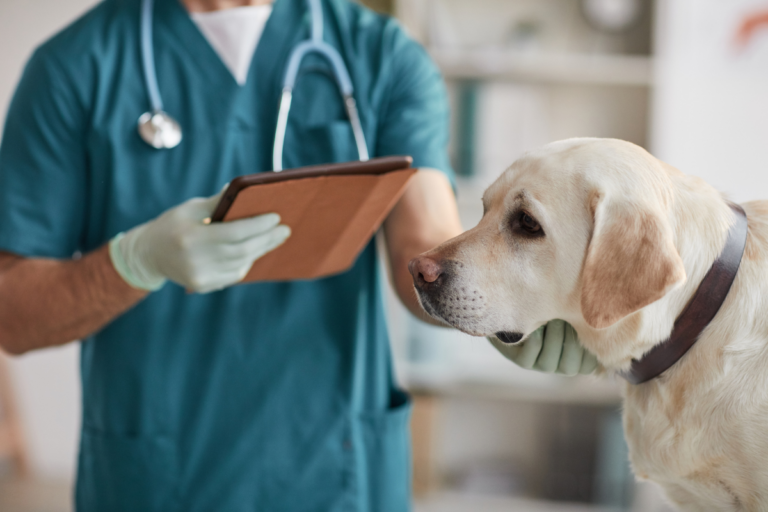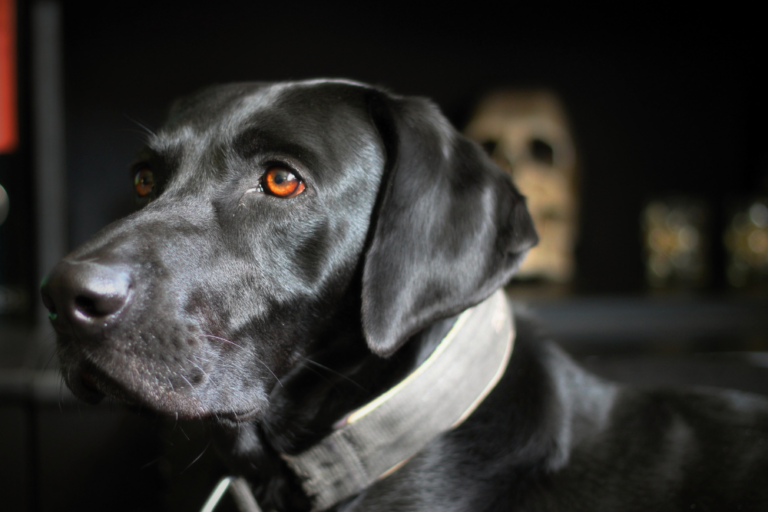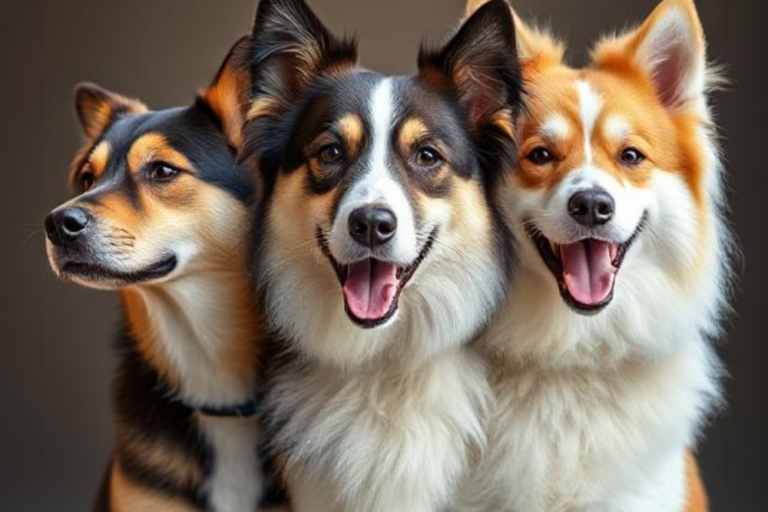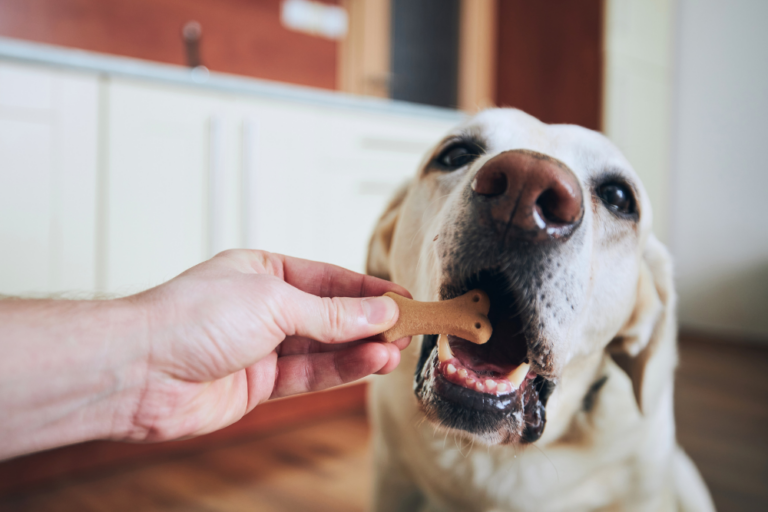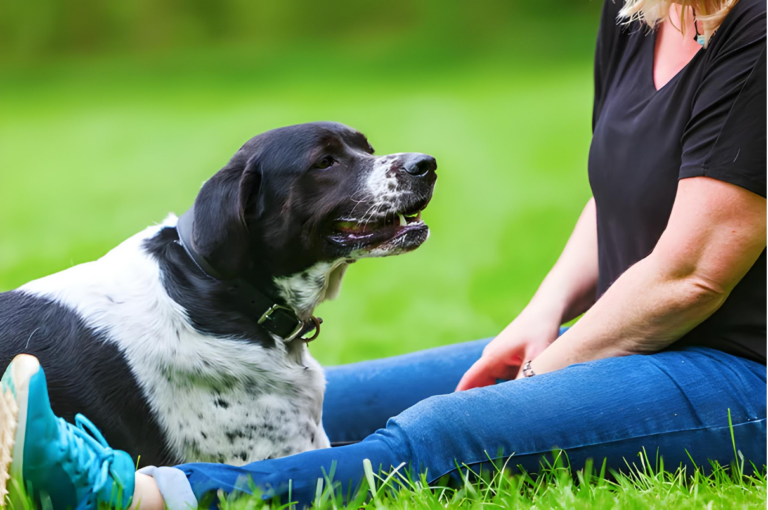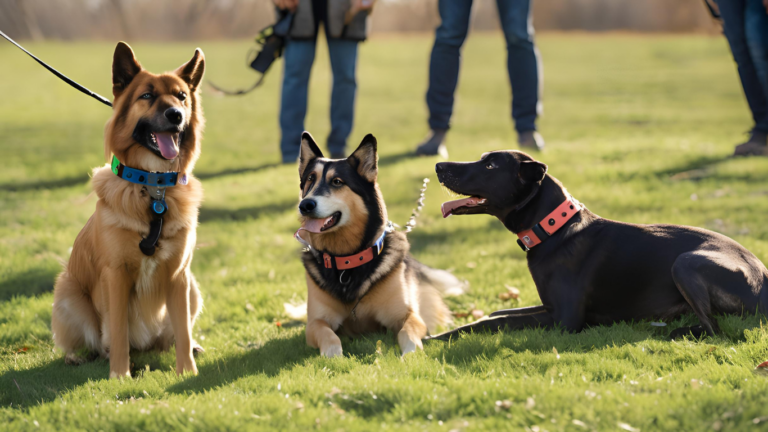Hunting Dog Training
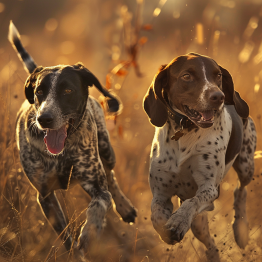
Hunting Dog Training
For hunting dog training, a love of the dogs and the sport is the only requirement at a minimum. Additional considerations are discussed here..
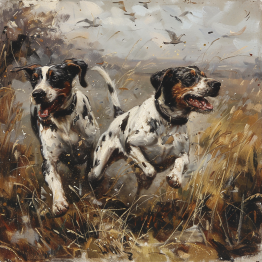
Hunting dog training requires patience and a thorough knowledge of the commands.
As trainers, what we have in our favor is the sporting breed’s natural instinct to retrieve or point, and it’s our job to communicate the things we want. Things that are born into the animal and are things it wants to do. We just want the dog to do it with our purpose in mind and this is what hunting dog training is designed to accomplish.
There are a number of breeds that make excellent hunting dogs. Labrador Retriever, Springer Spaniel, Airedale and Golden Retriever love to be in the open and they all take well to training in places like stands of trees, lakes and upland fields. Of course, there are always exceptions and it’s smart to consider a mixed breed too.
Most of us have discovered that a great hunting dog might come in any form.
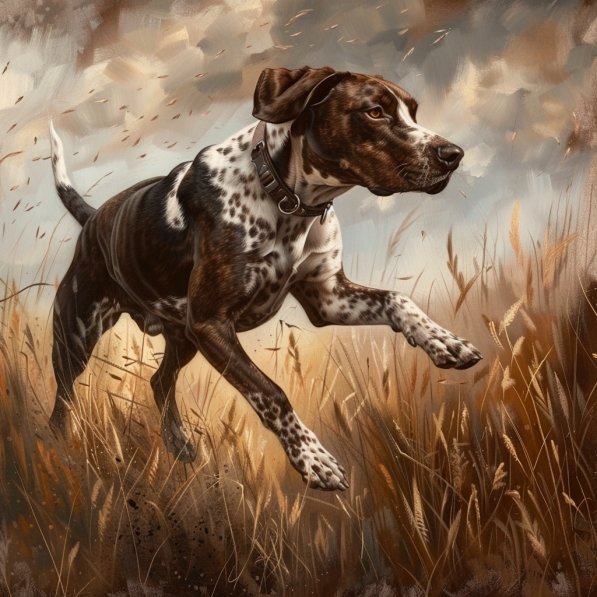
Training Techniques
Hunting dog training begins with teaching release and recall with hand and voice commands and the training should start when a pup is five to six months old. It’s also good to “talk” to a weaned pup in the language of the commands and let it hear the sound of a gunshot before it is ready to formally train. Early familiarity like this works in the same way some parents teach their children basic numbers before the child is old enough to start grade school.
Another productive technique is to have a young dog associate with trained hunting dogs, and allow him or her to hear the gunshots and observe older dogs in action. Believe me, a young dog will be paying attention when older hunting dogs are at work, and it will probably be eager to join in.
Some hunting dog training includes simulated scenarios where the young dog does join it. Watching the youngster’s reactions and seeing its enthusiasm are good indicators of the dog you’re training. With certain dogs we may have to curb alpha tendencies by spending time on pack hierarchy, but at the same time we want that “I’ve got this” quality in a hunting dog.
Retrieve is the first step in hunting dog training and I’ve found sporting breeds pick this up rather quickly with consistency. A good trainee will retrieve with a snap of the fingers in a relatively short time. Trainers use different methods to teach dogs release and retrieve, and all will tell you the importance of releasing only on command. We don’t want our dog lunging into a lake or heading out for a bird if hunters are lining up another shot.
One thing to keep in mind, not all purebreds will become good hunting dogs. Some have the knack right from the start, others take more training, and a few just don’t care about hunting, or are too silly by nature. Fun dogs to have as family pets but easily distracted. I’ve had experience with all of the above and it usually takes a few weeks to figure out if a particular dog has the right stuff.
Hunting dog training takes a lot of hours and in some instances prized hunting dogs need to be separated from the family environment to keep their edge. Others make great family dogs and get right down to business in the field. It all depends on the dog. Separating a hunting dog from our home life is not unfair treatment in any way. The dog was bred for this work, so by training and allowing the animal to hunt we’re delivering it to the place it was bred to be, and a well trained dog is always happy when it can express its natural instincts.
Consistency, reward and praise are the key. The methods vary with the trainers and I’ve found they also vary depending on the territory. I’ll have some links to trainers in different areas soon, and there will most likely be referrals to put you in contact with someone close to you.
In Summary
Hunting dog training requires patience and thorough knowledge of commands by both dog and handler. Fortunately, many hunting traits are born into certain breeds such as the Spaniel, Hound, Setter, Pointer, Retriever, Terrier, Vizsla, Weimaraner, Corgi and more. What we have in our favor is the sporting breeds natural instinct to retrieve, track and point. However, not all purebreds will make good hunting dogs and many mixed breeds will do well with hunting dog training. And, it will usually take a few weeks with your dog during early training to determine if your it will excel as a hunter.
From the Southwest to the Northeast, hunting dog training is an expert trainer’s craft and working with hunting dogs is their passion.
Set your sights and target additional articles about working dog training follow the links provided on our working dog training page.

